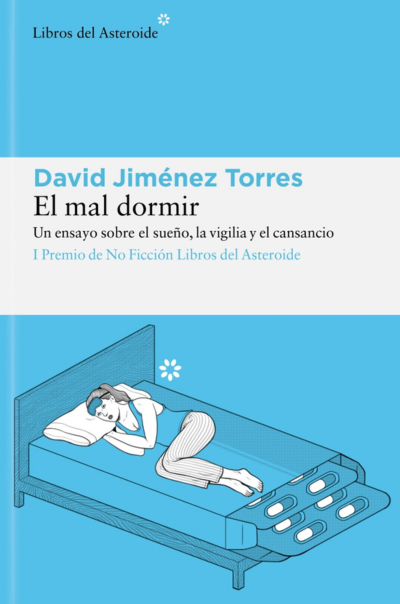In recent months, we have seen unions, as well as certain groups in the Congress of Deputies, talk about the need to increase the Minimum Interprofessional Salary (SMI in Spanish). According to the requirements of Podemos or UGT (major Spanish trade union), it should rise to 1,200 euros. However, this request has no foundation beyond mere emotions.
It is true that our country needs to increase wages, since, in this matter, it is moving away from large countries like Germany. However, raising the minimum wage has to be done with much more rigour and criteria, thinking about the long term. Otherwise, it falls into the flagrant mistake of asking for an unaffordable measure for the Spanish business fabric, suicidal for our economy and employment.
The economist Thomas Sowell said that economic policies should be measured by their impact on society, and not by the utopian desire that led certain groups to adopt them. A very accurate phrase, and more so in an economic scenario in which certain agents only take into account the benefits and rights of the employee, but not the effort that this entails for the great generators of wealth and the real economy: employers.
According to the productivity indicators of Spanish employees, our companies have been stagnant for nearly four years now. That is, we continue to produce the same, without any growth since 2015, and yet we allow ourselves to consider the increase in wages. According to the country’s business data, 99.8 percent of our companies are SMEs. Small and medium-sized companies that, in contrast to our European counterparts, those with whom trade union try to compare us, produce much less.
Thus, according to Eurostat, in the relationship between employees and the unit of GDP produced, we are at levels 6 percent lower than those of the large producers within the European Union. Furthermore, according to the same data, the stagnant productivity in Spain is leading us, not only to reduce business competitiveness, but also to have to increase hiring. In other words, we need more employees than before to generate a unit of GDP. Consequently, companies incur in higher labour costs to produce the same as a few years ago.
The rise of the minimum wage, in the current scenario, is impossible to face in the long term
In turn, in recent months, we are seeing how the Spanish economy, and the world economy, is entering what the International Monetary Fund itself, qualifies as a synchronised slowdown. That is, the economy slows down, and affects business turnover, which, according to the latest data, is already falling. Despite this, the decree of the Socialist Party by which the minimum wage was increased to 900 euros has led companies to multiply their labour costs by 2.5 percent. Curiously, a figure very similar to that 2.4 percent of the revaluation perceived by the workers benefited by that last raise.
In summary, if we remove the cocktail shaker and put all the data into it, we can conclude that minimum wage raises, in a scenario in which the economy slows down, business profit decreases and productivity stagnates, it is a superfluous expense, and even impossible to face in the long term as long as we do not reverse the current context.
In conclusion, Spain must focus its efforts on increasing productivity, so that the raise in wages occurs naturally, in line with a real diagnosis, and not under a short-term vision and imposed by a certain pressure group. Speak about increasing the minimum wage and not productivity is equivalent to suicide for many Spanish companies, which, with limited resources, have to live permanently with a large bureaucratic, fiscal and administrative burden that, little by little, suffocates the profitability of the engines of economic growth and development






